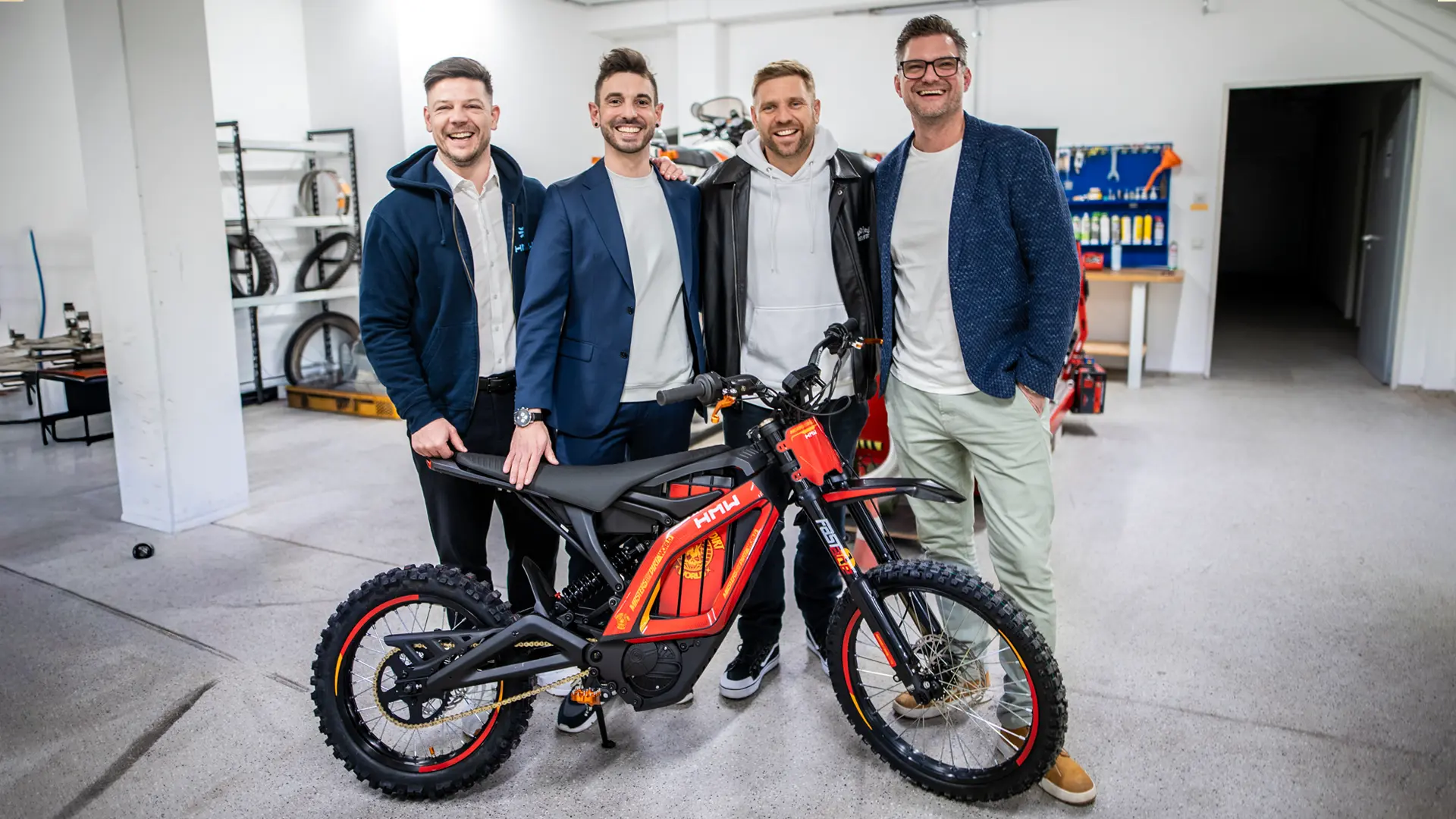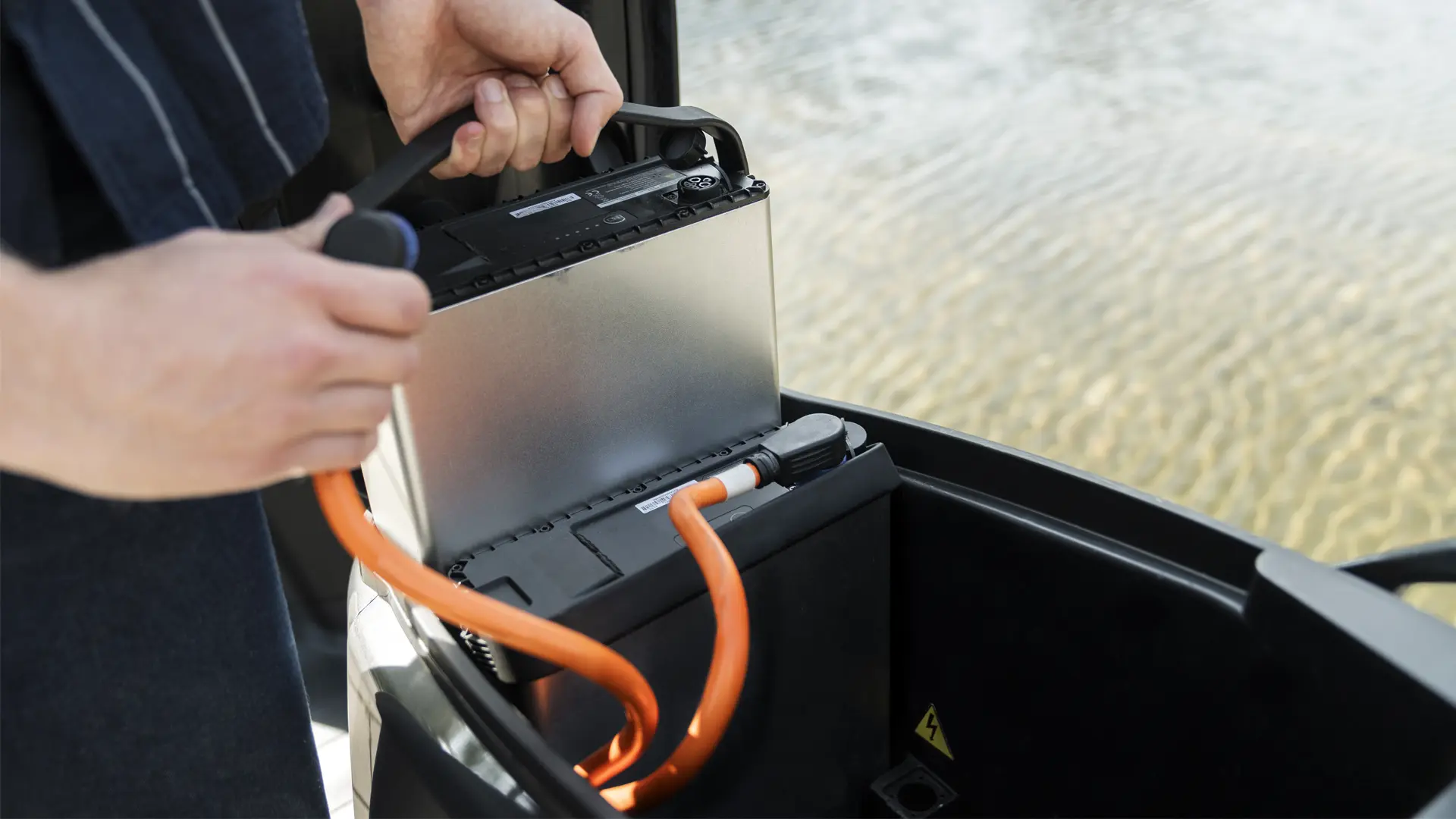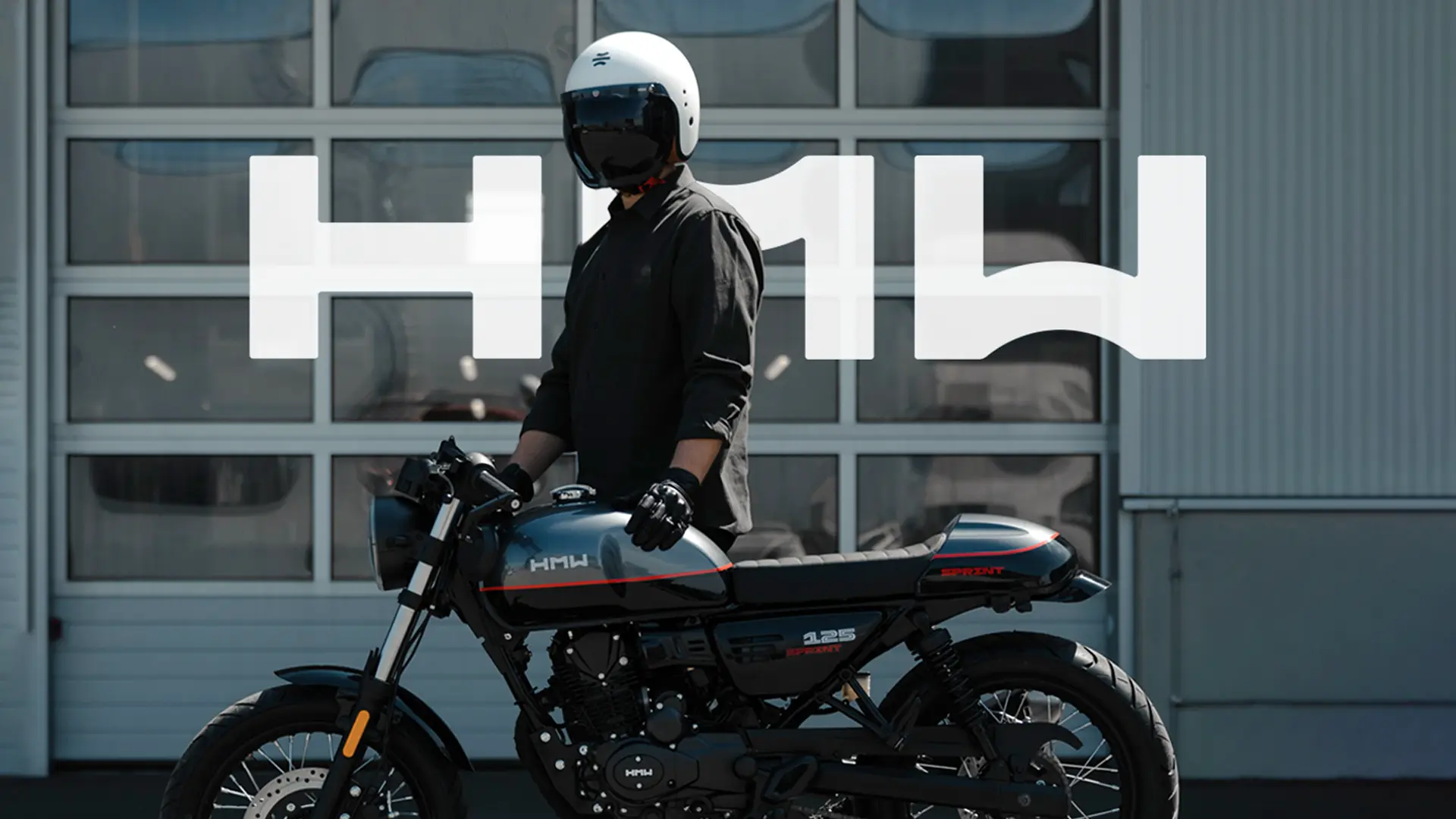Why Manufacturer Range Estimates Matter and How to Read Them
Manufacturers provide range figures based on standardized testing conditions. These figures serve as technical benchmarks that reflect a moped’s full potential under optimal circumstances — such as steady speeds, flat terrain, mild temperatures, and no extra load.
In real-world conditions, however, range can vary significantly depending on riding behavior, environment, and daily use. Just like with fuel consumption in cars, your personal riding profile plays a major role in how far you’ll actually get.
What Really Affects Your Actual Riding Range?
-
Riding Style
Gentle acceleration and a steady speed consume less energy. Riders who anticipate traffic and brake smoothly will notice a clear increase in range. -
Route Conditions
Frequent stops, hills, or strong headwinds increase energy demand. The topography and traffic patterns in your area can greatly influence overall range. -
Temperature
Battery performance can drop in colder weather. Below 10°C (50°F), the battery’s usable capacity may temporarily decrease — sometimes by as much as 30%. -
Load & Weight
Carrying a passenger, groceries, or a top case adds extra weight, which increases the amount of energy required to maintain speed and accelerate. -
Tire Pressure & Maintenance
A properly inflated and well-maintained moped rolls more efficiently. Low tire pressure or dragging brakes can reduce your range noticeably.
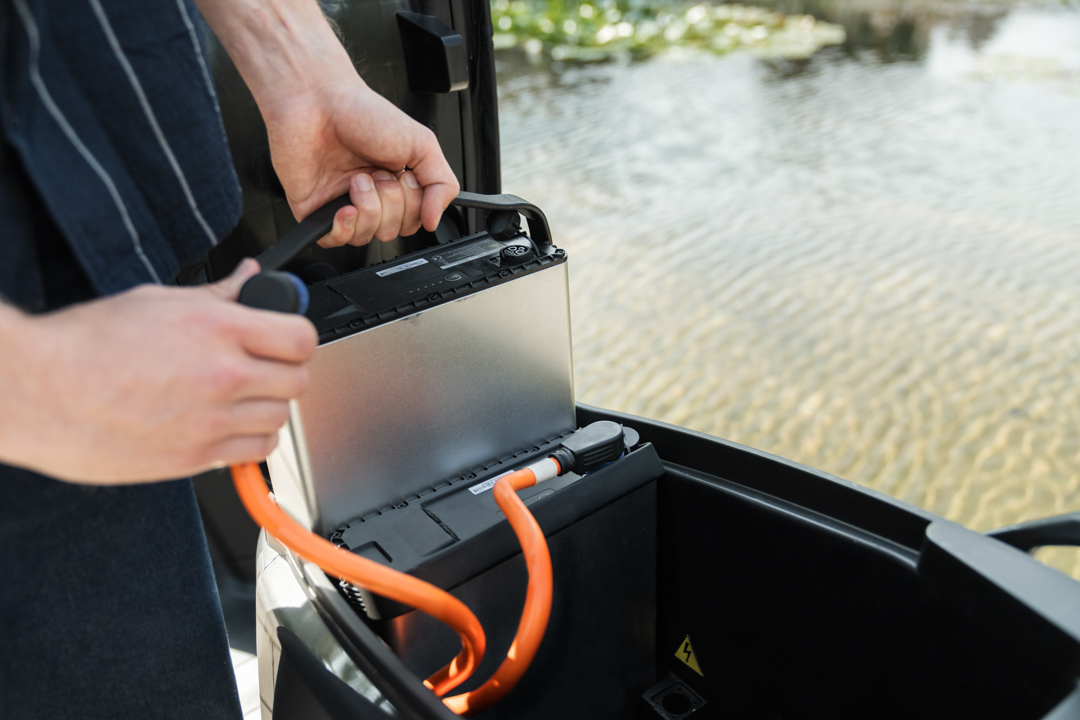
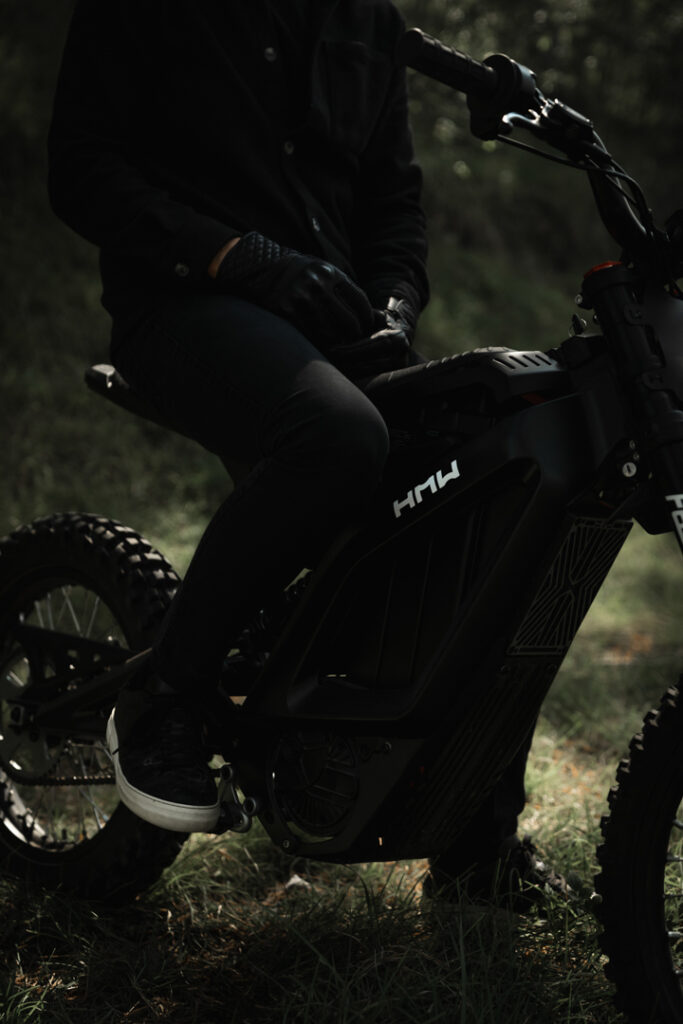
How Much Range Do You Actually Need?
Before choosing a model, it’s a good idea to assess your true daily needs:
For commuting and daily errands: If you travel 15–20 km (10–12 miles) a day, a moped with 50–60 km of range is typically more than enough.
For occasional or weekend use: A smaller battery may suffice, but it’s smart to include some buffer for spontaneous rides.
Have access to a charging location? Charging at home or work adds flexibility and can reduce the need for a large battery.
Pro tip: Plan with a 20–30% safety buffer in mind when comparing manufacturer range specs. That gives you peace of mind even when conditions vary.
Double the Range with Swappable or Dual Batteries
Many electric mopeds — including our HMW models — offer removable batteries for convenient charging at home, in the office, or on the go. Some models even support dual battery systems, allowing you to effectively double your range. This is ideal for long-distance riders, delivery services, or families and companies using shared mopeds.
Conclusion: Informed Planning Leads to Smoother Rides
Electric moped range depends on a combination of technology, usage patterns, and environmental conditions. Today’s models offer reliable, everyday ranges — but real-world results depend on realistic expectations and smart planning. By understanding your own mobility needs, choosing the right model, and riding efficiently, you’ll get the most out of your electric moped experience.

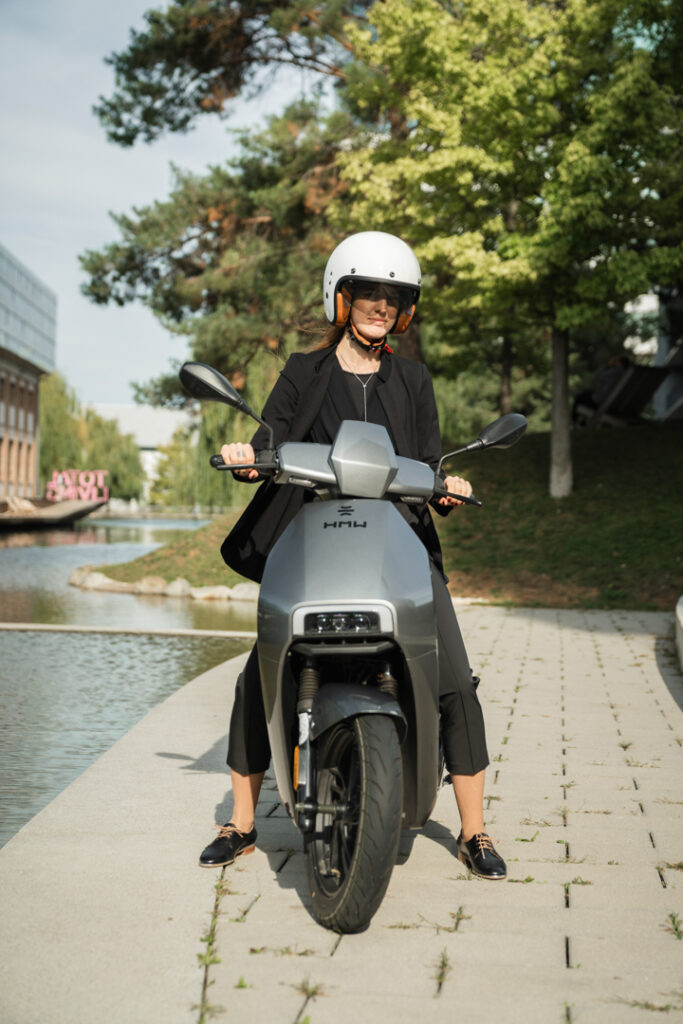
Range Planning Checklist
- Use manufacturer range as a helpful guideline
- Factor in temperature, terrain, and riding habits
- Add a 20–30% buffer to stay flexible
- Consider a swappable or dual battery setup
- Keep tire pressure and maintenance up to date



